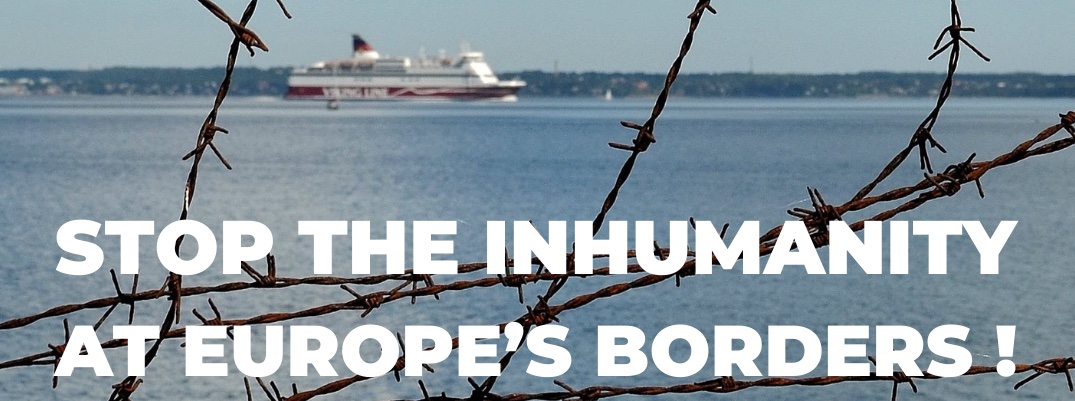One of the things we get asked about most is why we ask volunteers to avoid getting emotionally attached to the people they are serving on the camp.
Volunteers
We have always been and always will be a volunteer organisation. Volunteers are caring, they come with huge enthusiasm, continually inject energy and ideas into the operation, break new networks for fundraising and raise awareness. They also show that people from all over the world, from many different backgrounds can come together to really be helpful. We’ve had about 650 now from over 40 nations working for spells of 2-4 weeks, all paying for their own travel, accommodation and time.

But short term volunteers, tending to over-index on heart size and desire to help, need some rigid rules to prevent doing more harm through good intentions. This is something that we say on application, during the interview, in documentation and while they are there: you are here to be friendly, but not to make friends. You won’t go into their homes, won’t see them after work, won’t pick up the kids. We say it a lot and we have to keep saying it.
Getting attached
The camp is full of people who have all kinds of trauma and loss. One of the defining features of refugees is family separation. And the kids – not in education, lacking structure, seen and experienced awful things – are in crisis. Short term volunteers – who care and want to help – see this trauma and loss first hand. So they want to make friends with the adults and hug the kids as a way of easing the pain. And the experience of volunteering can get emotionally intense.
We also have a population of people who need support they aren’t getting whether that is medical, psychological, educational, legal, financial…So when volunteers find that out from the people they have got to know, they want them to get special treatment that we are unable to offer everyone. We can’t help individuals and strive to treat everyone the same.
Do no harm
When people get attached they leave thinking they have helped, but they usually leave behind a mess.
This applies to adults but what we are most concerned about is the children. This thoughtful article is mostly about orphanages and some despicable, exploitative practices but it contains this paragraph which is absolutely relevant to us:
“Every single boy in that institution already had abandonment issues. If it was hard for me to leave these boys behind, how much harder was it for them to see me go? And the next adult who came for a few weeks? And the next one? They might have learned that there are people who love them and will take them on walks. But they also learned that these people always leave….When volunteers turn up at an orphanage and children run to hug them, it’s understandable that they feel they are providing much-needed love and attention. But children shouldn’t turn to random strangers for affection. When they do, it means they can’t develop healthy attachments. And a parade of short-term adults to hug them makes it worse. What puts children in crisis isn’t something hugs can solve.”
A refugee camp is a abnormal, dehumanising, frustrating, disempowering limbo-land so it’s probably not surprising we have what seem like strange rules to manage there.
Managing attachments is one of the hardest things we have to deal with and one of those things that we are always dealing with. It never goes away. And nor will we. So, like so many of the things we do, we will find the least worst option and do that as well as we can.




